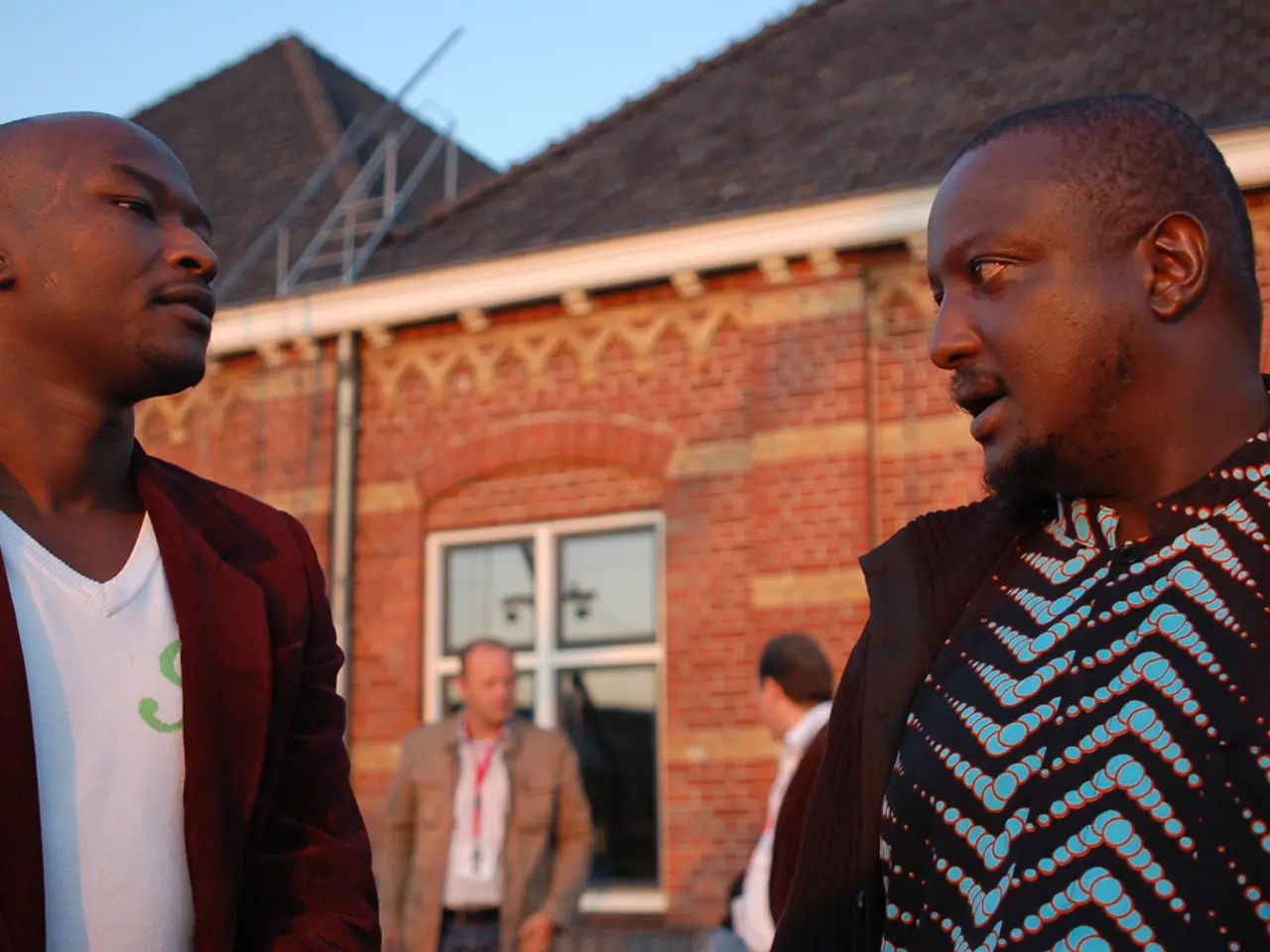Questions Regarding Economic Fundamentals and Distribution of Resources
All right, mate, let's get this show on the road and talk about some economics stuff, shall we? The main questions economies aim to answer are what to produce, how to produce, and who to produce for. Simple, right? But here's the catch - these questions depend on the economic system we're dealing with.
Scarcity is the problem at the heart of economics - we've got limited resources to meet our endless needs and desires. As a result, we're forced to make tough choices. Let's dig into it!
Now, imagine you've got a plot of land that's prime for growing either wheat or corn. The tricky part is that you can't exactly grow both in equal proportions because the land's limited, and so are your workers. Sounds familiar? Well, that's the essence of scarcity. And that means making some choices, mate.
In a free market economy, market mechanisms - demand and supply - are the decision-makers. They dictate what we produce, how we do it, and who gets what. Meanwhile, under a command economy, the government's in charge. It decides everything from what we produce to how it's distributed.
So, why are we forced to make these choices? It's all about scarcity, lad. Since resources are limited, we must make choices to use them efficiently to get the most out of what we've got. That means focusing on the goods and services we desire the most and leveraging our resources in the smartest way possible.
Now, let's talk about the three basic economic questions:
- What to produce? This question is all about deciding what goods and services we should be making. With limited resources, it's crucial to focus on what's most important.
- How to produce? This question pertains to deciding how to process our resources to create goods and services. Factors like labor intensiveness or capital intensiveness come into play here based on our needs.
- For whom to produce? This question requires figuring out distribution, such as whether to equalize resources or based on the ability to pay.
No matter the economic system, these questions must be addressed to allocate resources effectively.
To summarize, we've got scarcity, tough choices, and three basic economic questions to answer. The way we answer them depends on the economic system we adopt, whether it be a free market or command economy. It's a complex dance, mate, but understanding it helps us make the most of our resources and satisfy our needs and desires.
Want to learn more about this topic? Check out the links below to dive deeper!
- Economic Resources: Definition, Types
- Why Are Economic Resources Scarce?
- Does Scarcity Only Work For The Poor? What Causes Scarcity?
- What Are the Consequences of Scarcity in Economics?
- Production Possibilities Curve: Explanations, Assumptions, Shifting Factors
- Scarcity in Economics: Its Relation to Resources, Needs, and Wants
- Choices in economic: Meaning, Importance, Reasons
- Economic Problems: 3 Basic Questions For An Economic System To Answer
- How are Economic Resources Allocated?
In the realm of personal-finance, individuals face similar decisions as economies in dealing with scarcity of resources. Just as industries must produce goods and services, everyday people must allocate their limited income to meet various needs and desires.
Moreover, the choices made in personal-finance mirror the three economic questions: What to produce (spend on)—determining the most essential expenses; How to produce—managing income streams and investments to increase earnable funds; For whom to produce—deciding whether to save or redistribute wealth based on personal goals and circumstances.
A well-balanced business-finance strategy follows these same principles, ensuring long-term success and growth while providing financial security for shareholders and employees alike.






